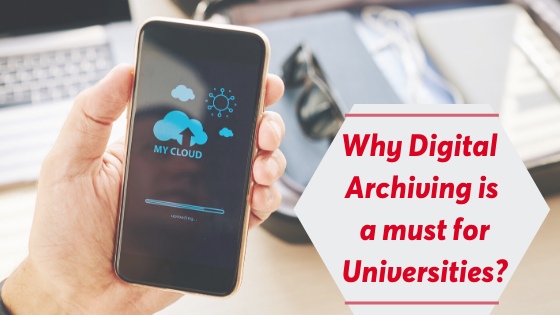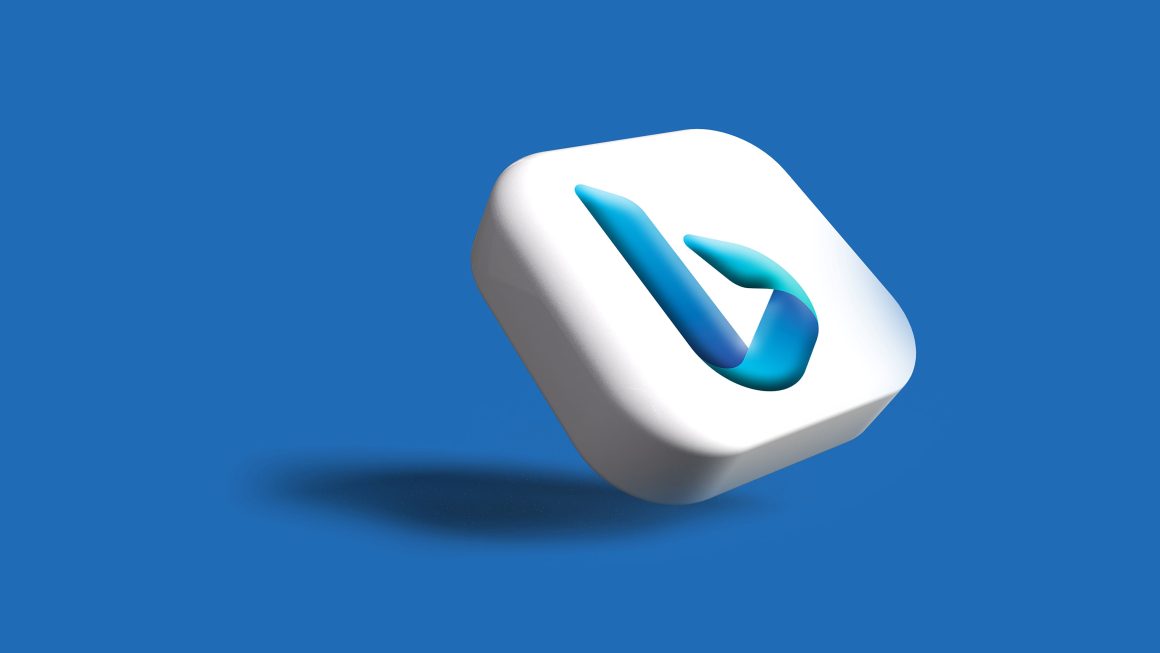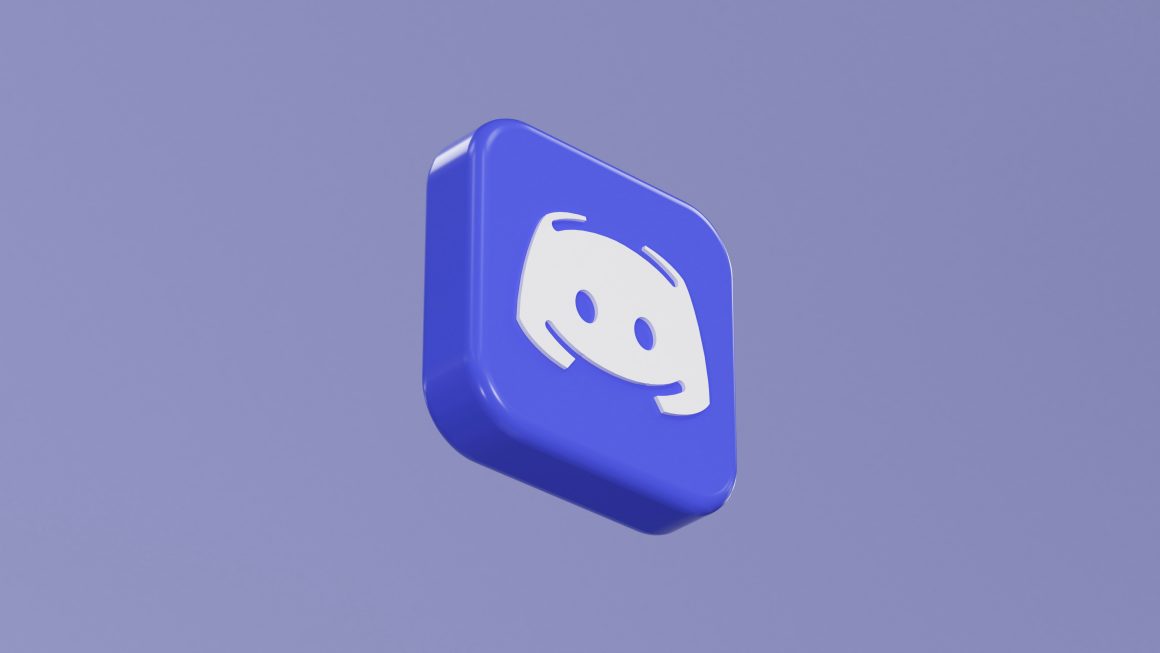Archiving data is not a new concept. For thousands of years, institutions have been archiving data. This data gives us information about everything that had happened in the past. Thus, it is important that universities archive data so that future generations will have access to all of the knowledge that we have today. Here are some more reasons why digital archiving is a must for universities:
All content will be lost as newer formats are adopted.
As more and more institutions are adapting to online databases, developers are trying to create new formats that are smoother than the ones in practice. If a university does not archive its data in time, it will be at a high risk of losing all that data as the technology evolves and the format it uses presently becomes obsolete.
Most universities use third-party sources to archive their data. The primary purpose of archiving is to grant access to these files to future generations. And if the content is not digitally archived, backing it up will simply be a futile exercise as the newer technology wouldn’t be able to read it. If a university’s data is digitally archived, it can easily include the latest formats without having to worry about the loss of previous content.
Protection from third-party sources
Many universities have begun to make use of popular social media sites hosting millions of users worldwide. They upload lots of content on social media and on other third-party platforms. These platforms are, however, not in the university’s control.
Thus, there is a wide room for misuse of this data by anyone. In order to defend themselves in case of such misuse, it will be important to have a copy of the content you’ve uploaded to these platforms. Archiving all of your content digitally will ensure that you have the upper hand if a problem sparks in the future.
Saving social media content.
Everyone’s on social media. It has become a medium of communication for people from all industries. Universities are also adapting to this new mode of communication. They are creating lots of content for several purposes ranging from talking about their features to attract new students to providing guides for faculty and uploading it on various social media platforms.
When you upload content on social media, you must make sure that you save the content for future reference. You can go through the archived content to look for how people responded to different types of posts. This will help the university create better content by gouging the viewers’ interests. You will also gain more followers for your social media content as people will appreciate the university’s efforts for creating content based on their preferences.
Easy access for future generations
The transformation from storing data in textbooks to storing it in hardware devices was a slow and gradual one. There was no expiry date on the books. But as society develops, people now look for means of accessing information in a few minutes.
In such a time, storing content on physical devices is not an ideal choice as many will find it difficult to access. Archiving all your data digitally will save people the hassle of going through dozens of records. All your data will become easily accessible for future generations.
Use Stillio to easily archive all of your data
While it’s important to digital archiving all the university’s data, it might seem like a massive task to do so personally. It might also take up a lot of time as you will have to regularly archive all the new data. This is where Stillio steps in.
It’s an automation software that will automatically take screenshots of the data you want to archive. You can set a frequency for these screenshots as per your requirements. These screenshots can be organized based on tags you add to them. There are several other features that will enable further convenience in multiple areas. Check how stillio website archiving process works here.
Creating digital archiving is very important for universities as they are a source of information on everything that concerns the world. Future generations will greatly benefit from the digital archives!




